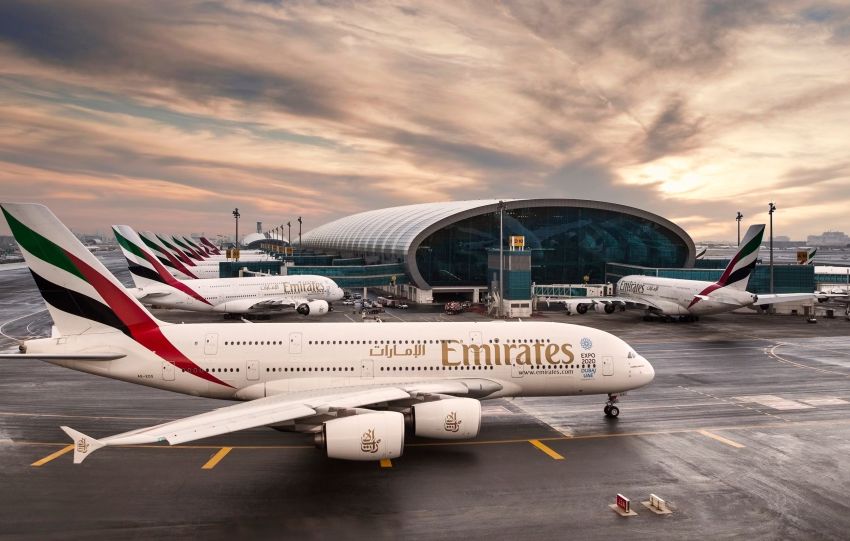Key Takeaways
- The Dubai Land Department has initiated a real estate tokenization project to digitize real estate assets on the blockchain.
- The project involves collaboration with the Dubai Future Foundation and the Virtual Assets Regulatory Authority.
- The DLD expects the market value of tokenized real estate to reach $16 billion by 2033, representing 7% of Dubai’s real estate transactions.
- Tokenization aims to streamline the buying, selling, and investing processes of real estate by using blockchain technology.
- The initiative will attract a global pool of investors to the Dubai real estate market, marking a transformative moment for the sector.
- Discussions between Tokinvest CEO Scott Thiel and Cointelegraph highlight Dubai’s leadership in blockchain adoption and the opening of its real estate market globally.
- The project aligns with DLD’s vision of leveraging technology to create innovative real estate products.
In an era where technology is the driving force behind groundbreaking changes across industries, the real estate sector is no exception. The Dubai Land Department (DLD) has embarked on an ambitious journey by initiating a project to tokenize real estate assets, utilizing blockchain technology. This transformative project is set to redefine the landscape of real estate investment and property transactions globally. Let’s delve into the details of this pioneering initiative, exploring its implications and potential impact on the real estate market.
The Genesis of Real Estate Tokenization
Tokenization refers to the process of converting the ownership and rights to a real estate asset into a digital token on a blockchain. By doing so, these digital tokens can represent fractions of a property, allowing them to be bought, sold, or traded much like cryptocurrencies or stocks. Dubai’s initiative is not just an isolated endeavor but a collaborative effort alongside the Dubai Future Foundation (DFF) and the Virtual Assets Regulatory Authority (VARA).
The Strategic Collaboration
Dubai’s decision to partner with the Dubai Future Foundation and VARA underscores the emirate’s commitment to positioning itself as a frontrunner in blockchain adoption. DFF, known for its focus on innovation and future technologies, brings in its expertise to ensure that the initiative aligns with both current and future market demands. Meanwhile, VARA plays a critical role in navigating the regulatory landscape, ensuring that the project adheres to Dubai’s virtual asset guidelines.
Why Tokenization? The Benefits Explained
The enthusiasm surrounding real estate tokenization is not unwarranted. This innovative approach offers numerous advantages over traditional real estate purchasing and investment processes:
- Increased Liquidity: By tokenizing real estate, properties become more liquid. Investors can buy and sell smaller shares of properties, opening the market to a broader pool of investors, including those who may not have the means to invest in entire properties.
- Easier Access for Global Investors: Tokenization eliminates geographical barriers, allowing investors worldwide to participate in Dubai’s thriving real estate market without the complexities usually associated with international real estate transactions.
- Lower Costs and Increased Efficiency: The use of blockchain reduces transaction costs by cutting out intermediaries and streamlining the processes involved in buying, selling, and transferring property titles.
- Enhanced Security and Transparency: Blockchain technology ensures that all transactions are secure and transparent. The distributed ledger system makes it nearly impossible for records to be altered or tampered, creating a trust-driven environment for investors.
Dubai’s Forecast: A $16 Billion Market
The Dubai Land Department has set ambitious growth expectations for the tokenized real estate market, projecting it to reach a value of $16 billion by 2033. With tokenization accounting for an estimated 7% of Dubai’s real estate transactions, the sector is poised to experience unprecedented growth.
Driving Change with Visionary Leadership
DLD Director-General Marwan Ahmed Bin Ghalita’s comments emphasize the transformative potential of tokenization. “By converting real estate assets into digital tokens recorded on blockchain technology, tokenization simplifies and enhances buying, selling, and investment processes,” he stated, aligning with DLD’s vision to position itself as a global leader in tech-driven real estate innovation.
The Global Ripple Effect
According to discussions between Scott Thiel, CEO of Tokinvest, and Cointelegraph, Dubai’s initiative is a landmark moment for the real estate sector. Thiel highlighted Dubai’s leadership in blockchain adoption and its potential to attract a global pool of investors. Tokenization, once a nascent concept, is rapidly becoming a reality that promises to reshape the investment landscape by making properties more accessible and markets more dynamic.
The Road Ahead: Economic and Social Implications
As tokenization takes hold, its impact will reverberate beyond traditional property markets. The potential democratization of real estate investments could usher in new opportunities for economic growth and may encourage other regions to follow suit. Furthermore, unlocking the potential of real estate as a more inclusive investment class could lead to broader societal advantages, empowering more individuals to participate in wealth creation through property investments.
Embracing the Future
Dubai’s bold move into real estate tokenization is emblematic of its forward-thinking approach and its adaptability to emerging technologies. As the project unfolds, it will undoubtedly serve as a case study and benchmark for other global real estate markets considering the shift towards digital transformation.
In the years to come, as the tokenization of real estate becomes more widespread, how we perceive and interact with real estate may transform, opening a realm of possibilities that were once unimaginable.






